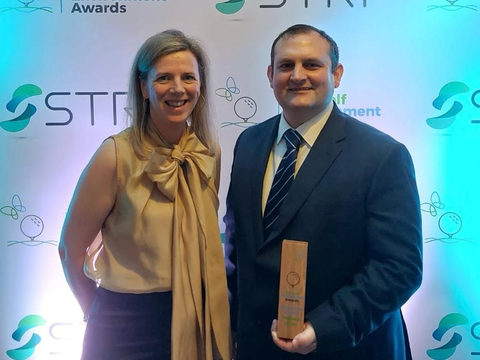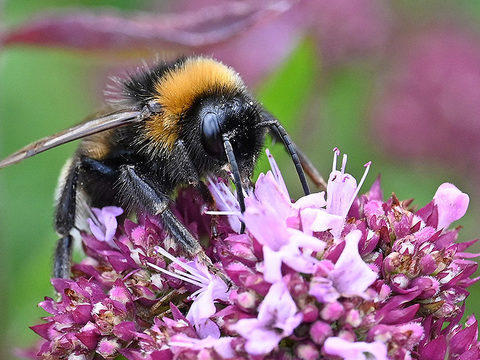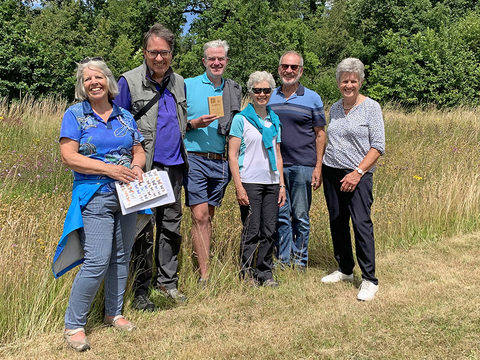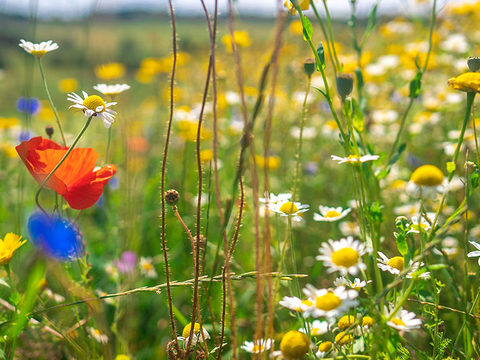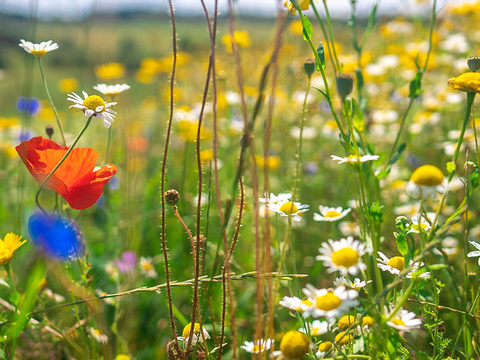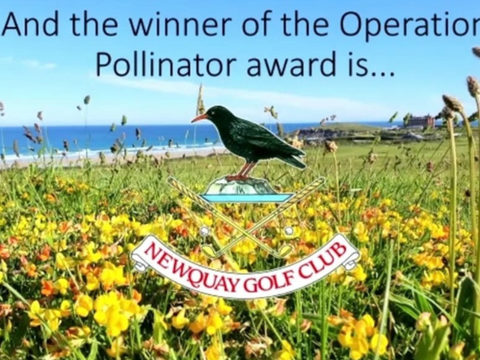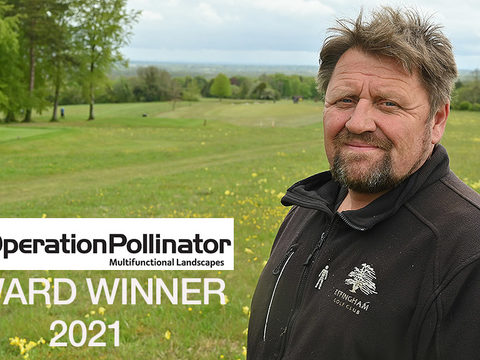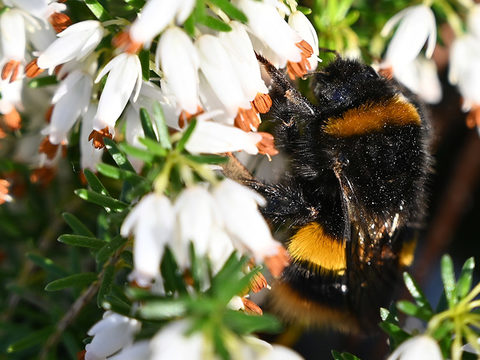STUDY REVEALS INSECT LIFE ON COURSE
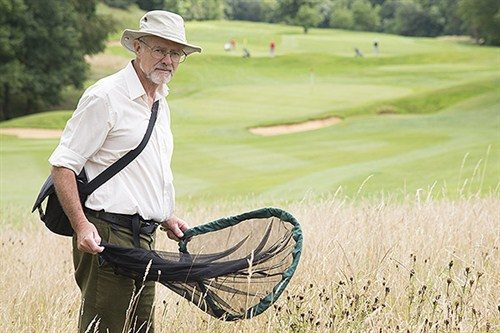
Golf courses provide an essential haven for some of the UKs most endangered insect species, and potentially hold the key to restoring populations of essential pollinating insects.
A new Syngenta Operation Pollinator study, to provide a scientific approach to pollinator conservation efforts on golf courses, has revealed some fascinating finds - including the extremely rare bumblebee, Bombus ruderatus, on habitat at Rutland County Golf Club in Leicestershire.
The extensive study, by leading independent entomologist and ecologist, Mike Edwards, on some of the golf courses involved in the Syngenta Operation Pollinator initiative across the UK, has catalogued the diversity of insect species present, and the habitat potential to increase both the numbers and range of insect species.
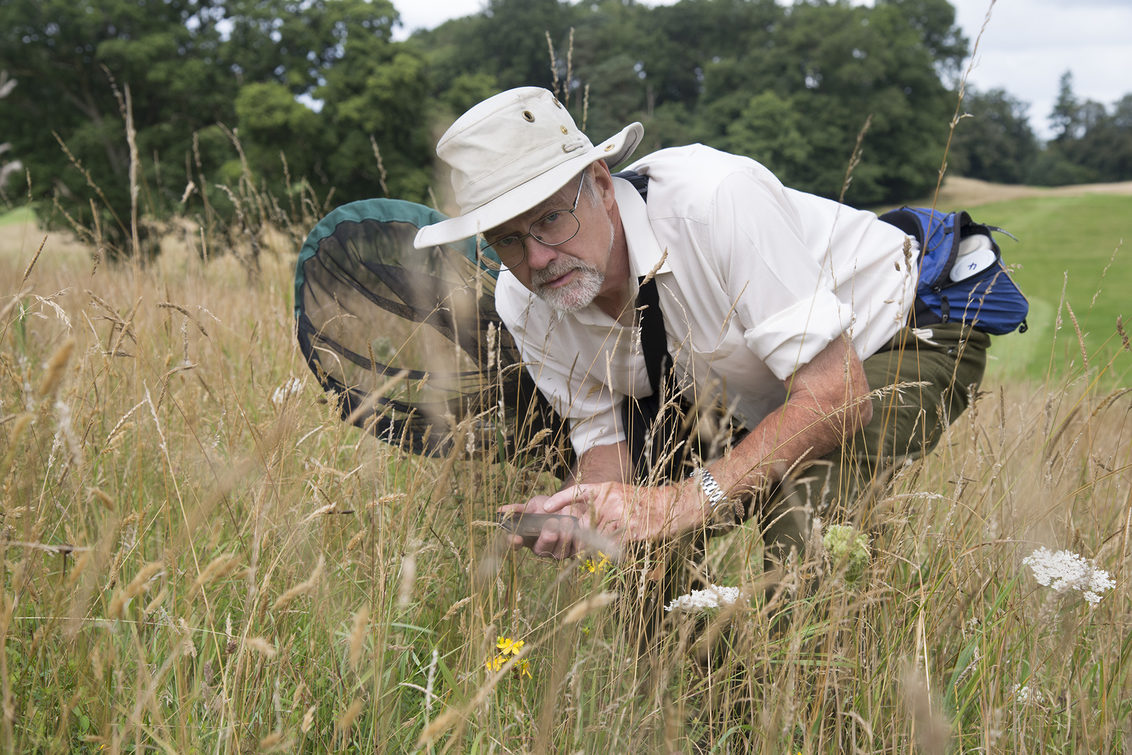
Commenting on the study's results, Mr Edwards (above) highlighted that whilst some individual golf clubs already have areas of outstanding interest for wildlife, there remains a large number where the potential to make a real contribution had yet to be realised.
"Many of the older clubs have areas that reflect the sort of countryside that was present before modern agricultural production became established. All too often, however, these areas have sadly been un-managed and of limited ecological value," he said. "Providing expertise and support in restoring such flower-rich grasslands with the Syngenta Operation Pollinator initiative can make a major contribution to the conservation of our flora and fauna."
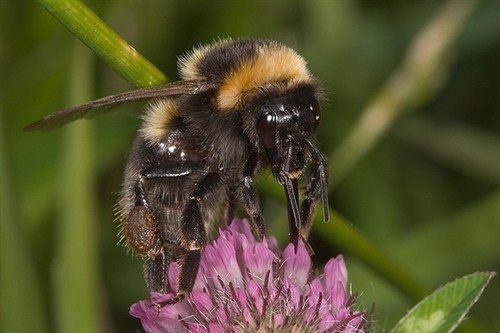
The discovery of Bombus ruderatus(above) on Rutland County Golf Club was an especially exciting discovery, since the species was considered on the verge of extinction just a few years ago - with no records of the bumblebee in the area since 1994. However, Mr Edwards recalled that, when Operation Pollinator habitat had been created on farmland over the past decade,B ruderatuswas again rediscovered from the point of extinction, and is successfully on the way back to recovering its former distribution.
"It is a classic case of when you put the habitat back, bumblebees and other pollinating insects are given the chance to recover," he advised. "Operation Pollinator provides the essential food, shelter and breeding sites to help a wide array of insect species through difficult times."
Rutland County Golf Club Head Greenkeeper, Jamie Goddard, intends the colour and wildlife in the club's new Operation Pollinator wildflower areas will enhance the whole experience of playing the course for golfers, as well as providing a valuable habitat for essential pollinating insects.
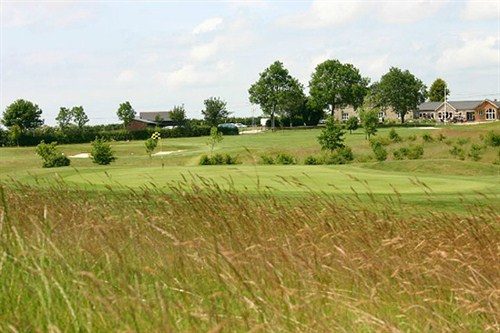
"The fact that we already have the incredible find of the rare Bombus ruderatus on the course highlights the ecological value of golf courses. Now we can actively manage areas to make them even more attractive for bumblebees and other pollinators, alongside a great course for players, makes it even more exciting," he added. The club (above) has instigated a three-year plan for the establishment of dedicated wildflower habitats and management of rough.
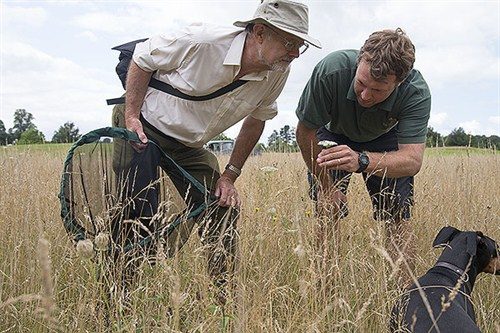
Mike Edwards, pictured above with Jaey Goodchild of Bowood Golf Club, also highlighted Operation Pollinator and the creation of wildflower habitats could initiate additional benefits for golf clubs, through improved playability of rough, better visual appearance of the course and innovative marketing opportunities to attract new players.
"Increasing the floral diversity has been shown time and time again to result in more insects and a greater diversity of species; golf courses will be no different," he advised. "This is the start of a very important journey, and I am proud to be involved in following the development of Operation Pollinator for golf courses."


